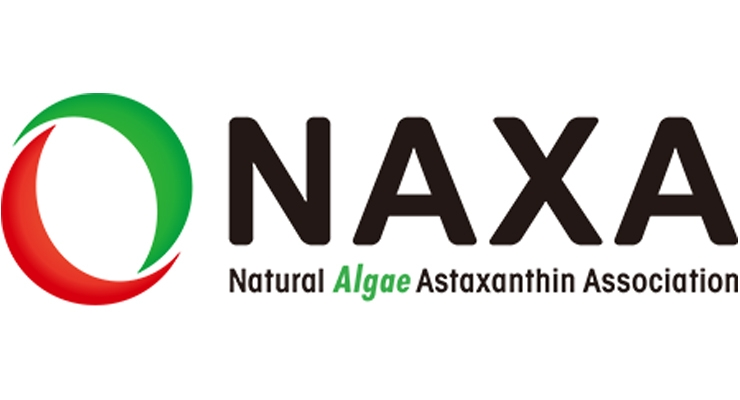 |
NOVEL FOOD APPLICATION |
|
CLIENT: The Natural Algae Astaxanthin Association (NAXA) is made up of manufacturers, growers, and marketers of natural algae astaxanthin derived from Haematococcus pluvialis. NAXA Members commercialise Astaxanthin-rich oleoresin from Haematococcus pluvialis algae in different countries in the world including the European countries. CONTEXT: In the European Union, Astaxanthin-rich oleoresin from Haematococcus pluvialis algae is an authorized Novel Food for use in food supplements intended for the general population. In 2021, the conditions of use of the novel food astaxanthin-rich oleoresin from Haematococcus pluvialis algae were amended and the use was limited to adults and adolescents above 14 years of age, based on an opinion of the European Food Safety Authority (EFSA) related to the safety of astaxanthin for its use as a novel food in food supplements. NAXA REQUEST: NAXA requested the support of Orchidali for getting the authorization to extend the use of astaxanthin-rich oleoresin from Haematococcus pluvialis algae in food supplements to children aged from 3 to less than 14 years in order to limit the restrictions of use. ORCHIDALI ACHIEVEMENT: We prepared the application file complying with the regulatory requirements. We proposed maximum daily levels of astaxanthin- rich oleoresin from Haematococcus pluvialis algae in food supplements for children, taking into account the data available in the EFSA scientific opinion related to the safety of astaxanthin. We wrote the application file and performed the e-submission on 15 December 2022 on the behalf of NAXA by respecting the transparency and confidentiality requirements. We ensured the follow-up of the application file and contributed to answer the question of the Commission. OUTCOMES: The EU Commission considered that the information provided in the application gives sufficient grounds to establish that the proposed changes in the conditions of use of astaxanthin-rich oleoresin from Haematococcus pluvialis algae are not liable to have an effect on human health and that a safety evaluation by the EFSA is not necessary. Therefore, the application obtained a positive outcome. On 1 August 2023, the EU Commission published implementing Regulation (EU) 2023/1581 amending Implementing Regulation (EU) 2017/2470 as regards the conditions of use of the novel food ‘astaxanthin-rich oleoresin from Haematococcus pluvialis algae’. The Regulation provided maximum levels of astaxanthin according to the consumer targets:
The Regulation has also stated appropriate labelling requirements In line with the changes in the conditions of use depending on the age groups of the targeted consumer populations. ORCHIDALI ASSET: We have the expertise of the Novel Food Regulation, the EFSA scientific opinions and guidelines, and have performed e- submissions at the EU level. PERSPECTIVES: We can propose feasibility studies to evaluate risks and opportunities of an application submission and to define a regulatory strategy. |